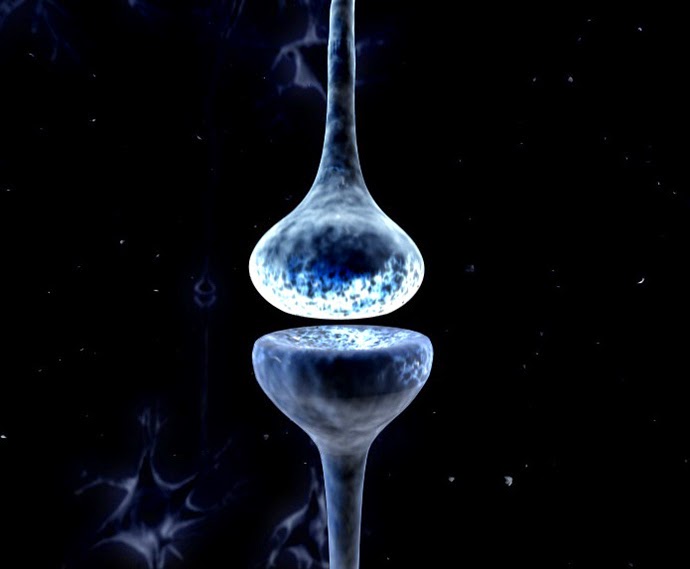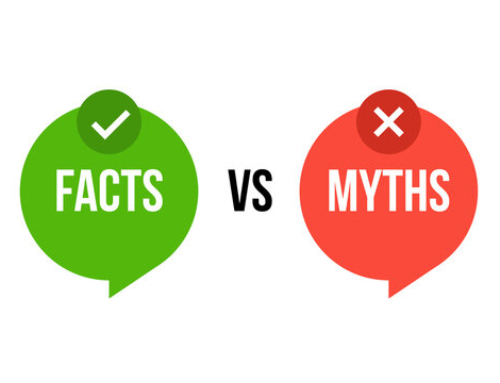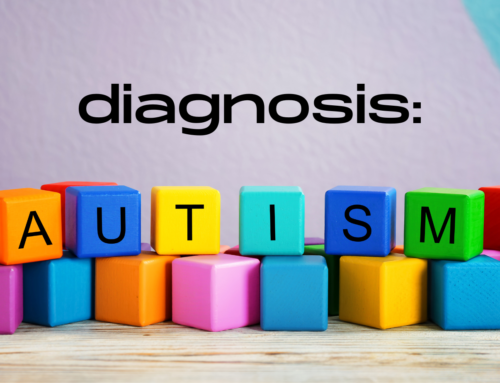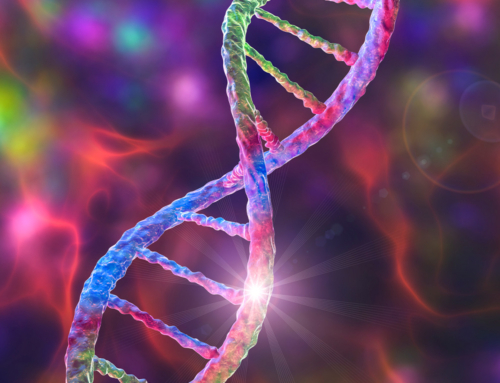Autistic children have an excessive amount of synapses, or brain connections between neurons, which doesn’t alter as it should with age, US scientists have revealed. This could help develop a drug normalizing their number even after diagnosis.
The results of the research, carried out by US neuroscientists at Columbia University Medical Center (CUMC), were published in the online issue of the Neuron journal on Thursday.
A main feature of autistic disorder is poor social interaction, along with communication difficulties and repetitive behavior. The brains of autistic people contain abnormal amounts of ‘synapses’ – connections between neurons through which information flows. The study hypothesizes that these excessive amount of signals correlate with brain dysfunction.
If a child’s development progresses normally, the process of synapse formation gradually slows down. It is highly active during infancy, but it becomes balanced through a process called ‘autophagy’, or pruning of unnecessary cells. Synapses are also formed in the cortex region of the brain, which is where autistic behaviors derive, should any abnormalities occur during early brain development. In other words, if synapses are not pruned, autism can occur.
“While people usually think of learning as requiring formation of new synapses,“ the study’s senior investigator, David Sulzer, PhD, Professor of Neurobiology in the Departments of Psychiatry, Neurology, and Pharmacology at CUMC said, “the removal of inappropriate synapses may be just as important.”
To analyze and compare the number of synapses in human brains co-author Guomei Tang, PhD, assistant professor of neurology at CUMC examined the brains of children and adolescents – with and without autism – who had died from other causes. Twenty-six brains from autistic kids and teens from the age of two to twenty were compared with twenty-two brains from those without autism.
Measurement of synapse density in each brain revealed an astonishing difference between the groups.
The density reduced by almost 50 percent by late childhood in the control group, but autistic brains showed a drop of only 16%.
What is more, the brains of kids, who suffered from autism, contained neurons that consisted of old and damaged components – a fact that displays the vital necessity of autophagy, the ‘clean up’ process of a cell recycling its own parts.
Read the whole story at RT.com






